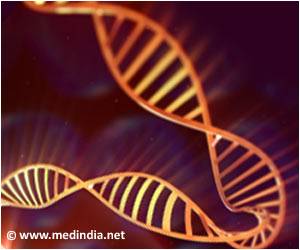A bioresorbable vascular scaffold (BVS) or vanishing stent was successfully implanted for the first time in a businessman for coronary artery disease (CAD).

The businessman N.C. Jain, 55, was implanted the "vanishing stent" Thursday.
"BVS or Absorb is the latest advance in CAD therapy. A non-metallic mesh tube is delivered on an angioplasty balloon to treat a narrowed artery, similar to a stent, but it slowly dissolves once the blocked artery can function naturally again and stay open on its own," senior cardiologist at the Lotus Super Speciality Hospital, Suvir Gupta told IANS.
Gupta said: "Similar to the way a cast supports a broken arm and is then removed, a BVS supports your vessel until it has the ability and strength to stay open on its own."
"Gradually, over a period of two years, BVS breaks down into elements already found in your body -- water (H2O) and carbon dioxide (CO2) -- and gets naturally eliminated."
According to Gupta, this was the second implant in UP. The first one was done Dec 20 last year.
Advertisement
*The vessel may expand and contract to increase the flow of blood to the heart in response to normal activities such as exercising.
Advertisement
*The need for long-term treatment with anti-clotting medications may be reduced.
*Future interventions would be un-obstructed by a permanent implant.
Costing Rs.2.80 to 3 lakh, BVS has been tested in more than 3,000 patients in 30 countries, including India.
It is available for use in India now after necessary permission from the Drug Controller General of India.
More than 40,000 people in India every year get their arteries supplying blood to the heart unblocked through angioplasty.
Since the problem was becoming an epidemic now in India, particularly among men, due to faulty life-styles and food habits, the latest advance comes as a huge relief as earlier the metallic stents had patients dependent on drugs lifelong.
Source-IANS









